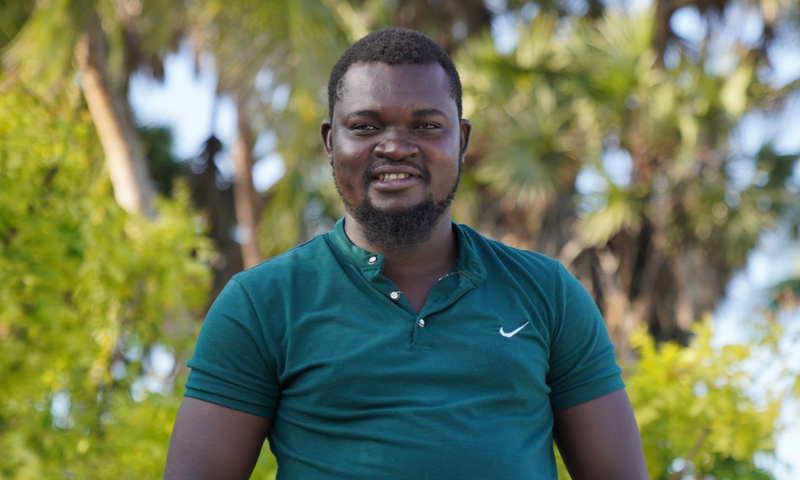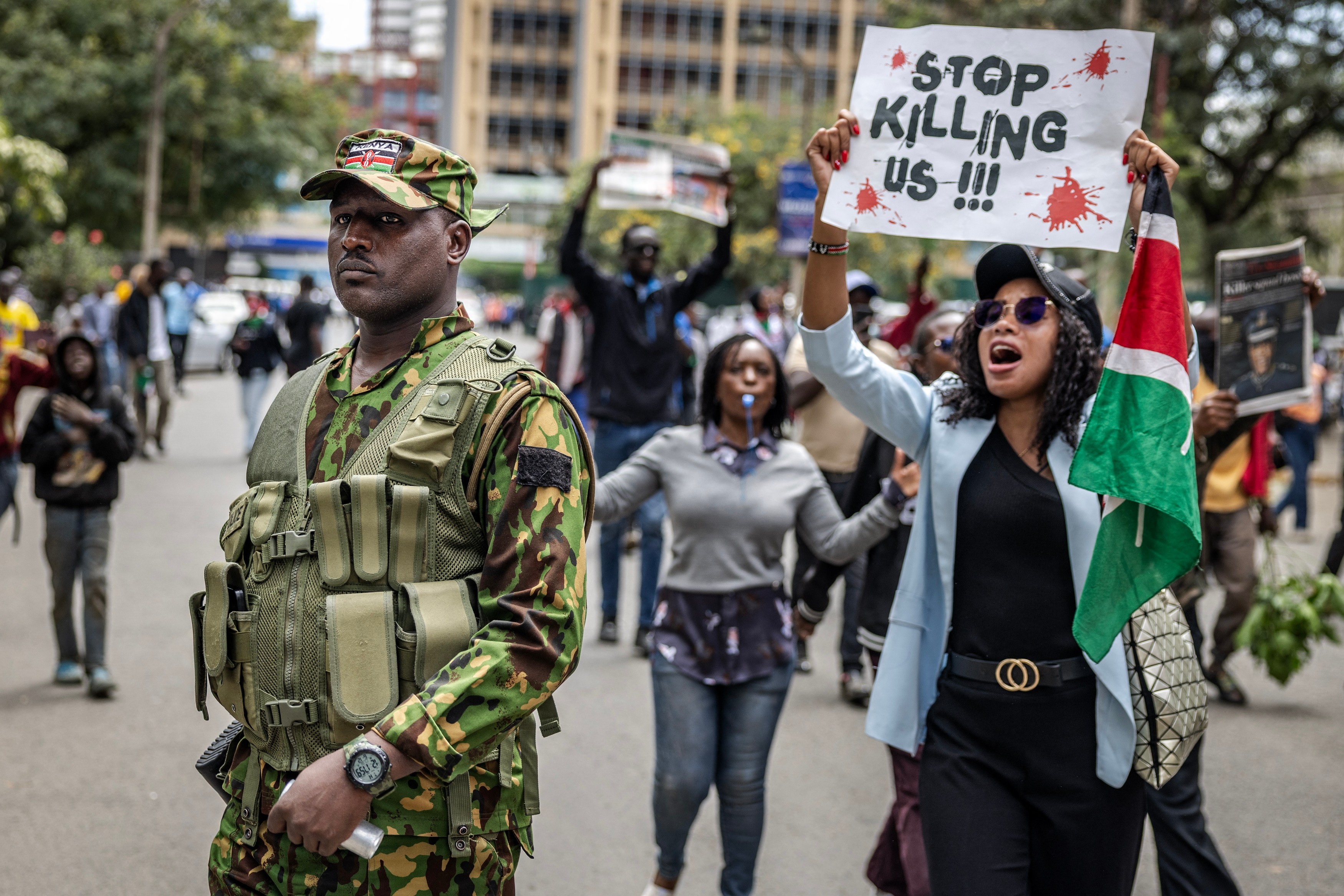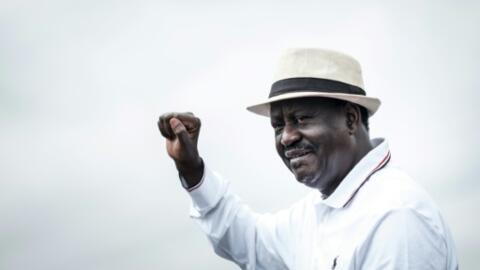
The Death of Ojwang & the tragedy of Big men in big offices with fragile egos
It doesn’t matter what the late Albert Ojwang posted on his social media that led to his arrest.
What matters is that he died in police custody. A 31-year-old high school teacher. A husband. A father to a young child. Arrested and dragged over 350 kilometres from his home because someone in uniform—armed with guns, titles, and what appears to be a disturbingly thin skin—took offense at a social media post.
And that, right there, is Kenya’s problem: big men in big offices with fragile egos and unhealed wounds. We don’t just have a leadership crisis—we have a masculinity meltdown wrapped in uniform, seated behind mahogany desks.
Picture it: a senior police officer with over 25 years of experience, trained in counterterrorism, a master’s degree in peace studies, and explosives, monitoring Facebook posts like a jealous ex. Instead of chasing bandits or fixing real security threats, he mobilised a whole police response team to hunt down a schoolteacher like he’s a terrorist.
And it happens more often than we dare admit. According to IPOA, over 100 Kenyans (this number is greatly underreported) die each year in encounters with police, many in custody. Most are young, poor, male, and unarmed. Some just broke curfew. Others, like Ojwang, broke the one sacred rule in this country: never bruise the ego of a big man with guns and a title.
Ojwang’s arrest and death weren’t anomalies. They are symptoms. Since I began working in mental health, I’ve seen this clearly: many of the people running our public institutions aren’t just unqualified, many are emotionally undercooked. They’ve been taught that power means never being questioned, and that masculinity means never being wrong.
The neocolonial Kenyan state loves such men. Insecure men rise fastest through the ranks. Because their low self-esteem is the fodder the state exploits to maim, kill, and silence legitimate voices.
We are ruled by men who never healed. Boys who were handed guns before they were handed therapy. Men who think wearing a uniform makes you untouchable and that criticism is a declaration of war. They walk around with medals on their chest and wounds in their spirit. What we end up with are emotionally stunted boys playing General.
What makes it worse is that these men often come from communities that take masculinity very seriously. Rites of passage, circumcision rituals, and long talks with elders about manhood and honor. But somewhere between the knife and the title, we forgot to teach these boys what real strength looks like. We told them to be silent, to endure pain, and never to cry—but we forgot to teach them how to lead with humility or how to handle a meme without plotting a manhunt.
Add a few degrees and the results get even more ironic. Some of these men hold Master’s degrees in Peace and Conflict Studies. They’ve been trained to handle bombs and terror threats. They’ve headed elite police units. And yet, one Facebook post turns them into ticking time bombs. What kind of peace curriculum leaves you allergic to dissent? What kind of explosives expert detonates at the sight of online mockery?
And let’s be honest, this isn’t about one man. This is a pattern.
Fragile masculinity is practically a national doctrine. It’s been normalised in boardrooms, broadcast in Parliament, and embossed on state letters. Public office, in Kenya, has become a stage for wounded boys in oversized suits to act out their unresolved trauma, enabled with taxpayer resources.
It’s no surprise that our systems remain broken. Police operations that feel more like personal vendettas. All this, while our young people rot in joblessness and silence. And when they protest, they’re met with teargas and live bullets.
We keep telling our boys to “man up,” then give them no tools to process pain. It’s no wonder that over 70% of suicide victims in Kenya are men. Raised to suffer in silence, and now governing in rage. The cycle continues—from suppressed tears to state violence.
And while the pain is collective, the cruelty is deeply personal. Albert Ojwang’s wife will mourn alone. His child will grow up asking questions. Meanwhile, the officer who allegedly orchestrated this will go home, eat roast meat, laugh with friends, and sleep through the night.
But the body keeps score. I once shared a urinal with a former prominent and brutal police boss who couldn’t hold his penis to pee. Years of trauma stored in his nervous system had finally cashed in. That’s what happens when you suppress accountability long enough—it leaks.
And what do these men tell their children? That while theirs sleep safely at home, someone else’s lies on a cold slab in the smelly city mortuary and that their children will grow up fatherless because Daddy couldn’t handle a post?
This country deserves better. Albert Ojwang deserved better.
Until we stop promoting wounded men to positions of unchecked power… until we build a culture where criticism isn’t met with brute force… until we remember that true strength lies in restraint, not revenge, we will keep digging graves for men who should still be alive.



Dannish Odongo you’re a great writer and you’ve raised very important issues here. The issue of fragile masculinity needs address. Exploiting low self esteem is unacceptable and has to stop! Dear God grant us wisdom to handle this.
Thank you Ruth for the kind comment. Welcome here.
Very very well said.
Many many thanks.
Asante sana!
Very well put
Erokamano!